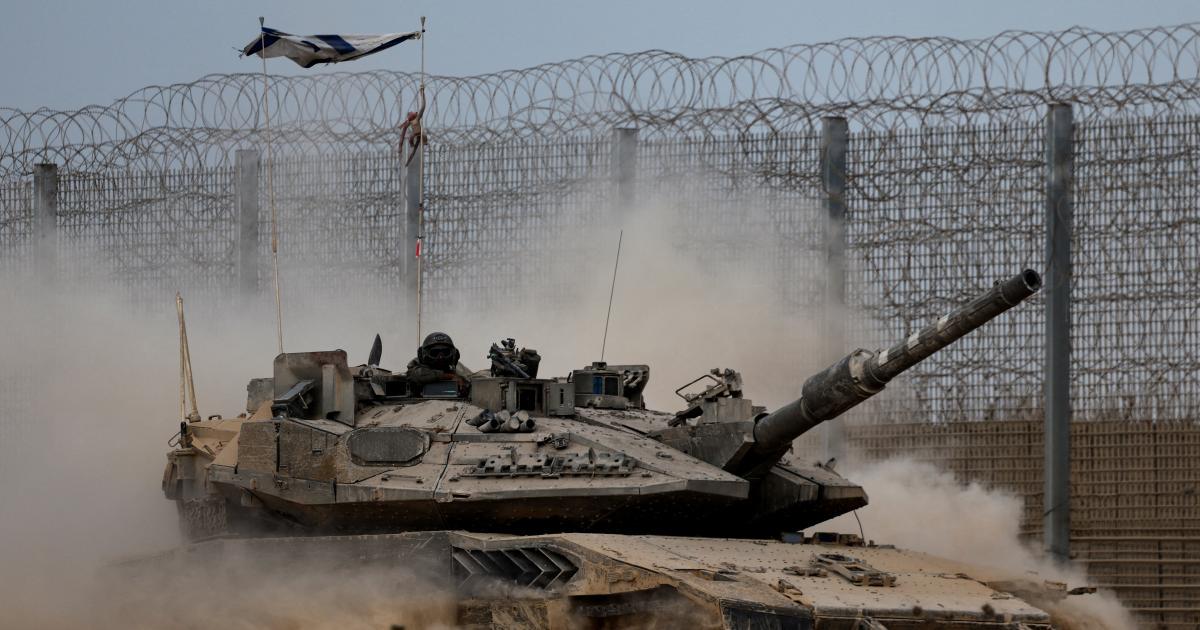
[SS from essay by Meir Ben-Shabbat, Chair of the Misgav Institute for National Security. He served as Israel’s National Security Adviser from 2017 to 2021 and, before that, in senior positions in the Shin Bet, Israel’s internal security service; and Asher Fredman, Executive Director of the Misgav Institute for National Security. He served as Chief of Staff and Senior International Affairs Coordinator in Israel’s Strategic Affairs Ministry from 2011 to 2019.]
The events of October 7, 2023, shook Israel to its core. Hamas’s brutal attack—which left some 1,200 dead and hundreds more held captive—made clear to Israel’s leaders and citizens alike that the country must change its approach to national security to ensure its survival. For many Israelis, October 7 demonstrated that it is impossible to contain groups such as Hamas or to accept their existence along Israel’s borders without compromising the country’s safety.
In the subsequent two years, Israeli decision-makers have discarded old security paradigms in favor of new strategies. Although Israel has long had the strongest military in the region and has fought conflicts beyond its borders, it had generally sought to limit its actions to the minimum necessary to remove immediate threats and restore quiet. Today, however, Israel is no longer content with weakening, rather than defeating, its adversaries. Instead, Israeli leaders are much more willing to employ the country’s military strength to proactively shape a new order that protects its national interests.
Despite opposition from some of Israel’s traditional elites, including some former security officials, Israel’s actions across the region since October 7 demonstrate that these new strategies are taking root. In addition to continuing its ground war in Gaza, Israel launched a campaign to degrade Tehran’s nuclear and ballistic missile capabilities and assassinate many senior security officials and nuclear scientists. Israel also struck targets in Lebanon to prevent the rearmament of Hezbollah, established a military presence in Syria, intervened directly in support of the Druze community against forces aligned with the Syrian regime, and conducted an airstrike aimed at Hamas officials in Qatar.
https://www.foreignaffairs.com/israel/what-israel-wants
Posted by ForeignAffairsMag
3 comments
this strategy will 100% backfire on them
You could debate whether this represents a strategy or a posture. But… if it is a strategy, it’s one without clearly defined goals.
A big takeaway is that Israel is no longer afraid to cross the “red line” of targeting leaders wherever they may be. There used to be an understanding that nation states would not engage in assassinating by or targeting heads of state. After October 7th that “rule” got tossed and the results are impressive. The problem with these authoritarian jihadist movements is that they are top down organizations. Israel has built out the intelligence infrastructure to track and identify those key decision makers. Track them well enough for the Israeli Air Force to end them or Mossad to assassinate them. This doesn’t destroy the entire organization but it eliminates its combat effectiveness. The strategy seems to be working. The war with Hezbollah was not much of a fight as much as it was a series of airstrikes that decapitated Hezbollah leadership. I think other Arab strongmen are taking notes and realizing they don’t have the counterintelligence to stop Mossad or the antiaircraft capacity to stop F-35s, better to live in peace than be dead.
Comments are closed.